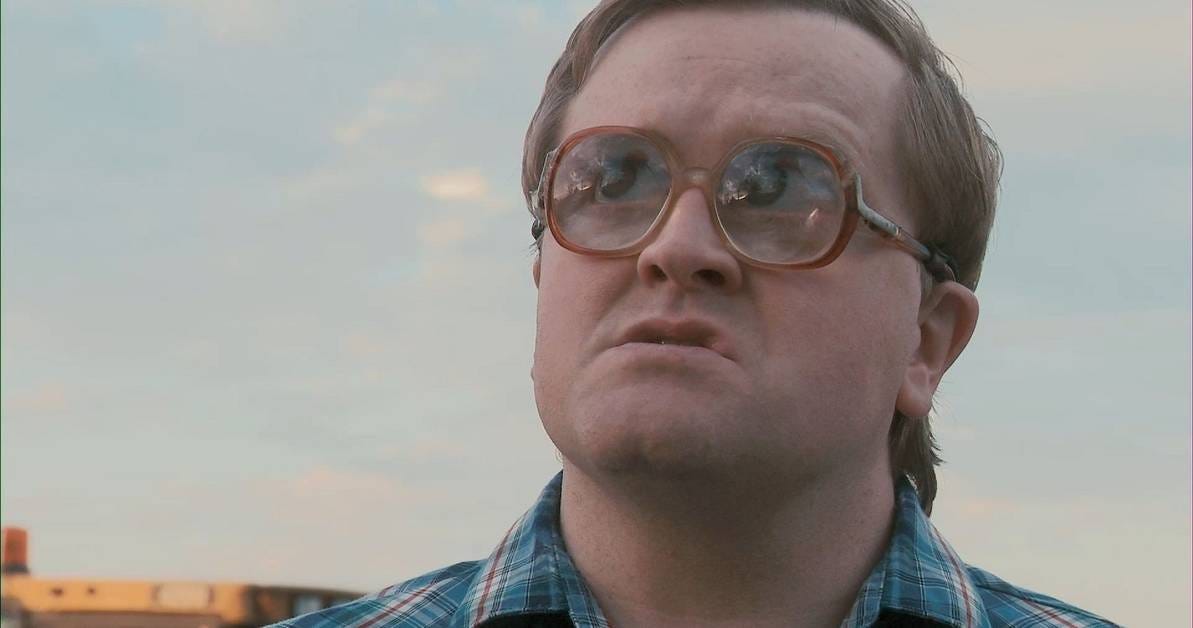How Pauline Kael Inadvertently Skewered the Trump Administration Fifty Years Ago
The life and near death of informed criticism.

POD 149: The Trough of Disillusionment
Out Friday AM. Listen.
This week, we discuss the AI narrative turning bearish as we’ve seen in other technology shifts, like the buildout of the intercontinental railroad and the advent of the commercial internet. Plus: the demise of cultural criticism, publishers embracing apps again, and an activist investor taking on The New York Times.
PVA CONVERSATION
Troy: I don’t need a thousand word album review to get what I need.
An upstanding media brand backing a decent critic or a credible reco from a friend and just a couple of sentences will do just fine. This week, a beaten-down Pitchfork, less stingy but still thrifty in its rankings, offered me enough with this brief passage and a generous 8.3/10 to amble on over to the Spotify button and sample the Water From Your Eyes album myself:
A two-person mind meld fueled by inside jokes and existential awe, Water From Your Eyes are unreliable narrators who can be counted on to perplex, enthrall, and occasionally shred. Their music is antic and turbulent in equal measure, marked by strange time signatures, stylistic pileups, and conflicted emotions hidden behind dazed grins. They are sufficiently schooled in the pop canon to confidently reshape it, balancing easy listening and serialism, industrial dance and microtonal composition, while invoking acts like Cake, Sting, and Red Hot Chili Peppers as reference points for their idiosyncratic, omnivorous brand of art pop—theoretically defensible comparisons, but also patently absurd.
Sorry for making you read that. You don’t care. I barely do. You will probably hate the song. I thought it was cool. It felt fresh. Reminded me of Wet Leg. Echos of Stereolab. Anyway I got what I needed, effortlessly added it to my Spotify favs, and shared with my son. I was grateful to the author and Pitchfork.
Pitchfork famously made the point that they mean business in 2006, when the site reviewed Jet’s second album Shine On, instead of a written review they gave it a 0.0 score and embedded a video of a chimpanzee urinating into its own mouth. A video was all that was required.
It was cruel but a fitting emblem of the old Pitchfork ethos: criticism as performance, designed to enrage fans and amuse insiders. It’s also exactly the kind of spiky, combative gesture that’s vanished in the current “three-and-a-half stars for everyone” era as Kenfa Sanneh points out in a New Yorker article this week, “How Music Criticism Lost Its Edge.”
Media outlets are no longer investing in criticism the way they once did. As The Guardian reported in “The death of the review? Cultural criticism is at risk of erasure,” the Chicago Tribune eliminated its film critic role entirely, while the New York Times reassigned culture critics out of their beats — part of a broader trend where legacy outlets, facing a brutal media environment and shifting consumer habits, now see traditional reviews as expendable luxuries rather than essential coverage. Why do we need movie critics when Letterboxd offers an expansive populist alternative. Passionate semi-professionals serve up serviceable video music reviews on Youtube. Anthony Fontana does an ok job. His 3M subscribers that think so too.
Except, of course, just to enjoy the craft of a really great review. Let’s remember the goated New Yorker film critic, Pauline Kael, how she dispensed missives like she did for The Godfather, and unforgettable passage that feels more nightmarish now than it did in 1972:
“In ‘The Godfather’ we see organized crime as an obscene symbolic extension of free enterprise and government policy, an extension of the worst in America—its feudal ruthlessness. Organized crime is not a rejection of Americanism, it’s what we fear Americanism to be. It’s our nightmare of the American system. When ‘Americanism’ was a form of cheerful bland official optimism, the gangster used to be destroyed at the end of the movie and our feelings resolved. Now the mood of the whole country has darkened, guiltily; nothing is resolved at the end of ‘The Godfather,’ because the family business goes on.”
Should we be sad that reviews have been outsourced to the commons, delivered by mere mortals in TikTok posts, aggregated by machines in a Rotten Tomatoes score? Yes, I suppose… but the media art form evolves. We get what we need. The Infatuation, Eater, and the New York Times still help us discover where to eat, though our personal networks probably provide the strongest signal. My favorite is the simple Google doc, lovingly crafted lists of must eats from an informed friend, motivated enough to assemble such a thing. In a low-friction digital world, we can get the gist instantly and from real people whose taste we trust. Old timey, long-form professional criticism becomes like falconry, exotic entertainment for the committed culture vulture.
AI of course becomes the next aggregator capable of getting to the point just the way you like it, effortlessly parsing dense UGC Reddit goo into your personalized vacation travel guide. Give me out of the way place near Dublin where I can savor a Guinness with a view and drive to in under an hour. Stuff like that.
One thing that won’t fall victim to evil aggregators is the good old magazine profile, though only the outlets with the budget and talent can still practice the form at its highest level. The New Yorker remains the gold standard. Last week’s profile of Mac DeMarco by Amanda Petrusich captured him in all his singular indie glory, decamped from Los Angeles to the San Juan Islands of his native Canada, pruning olive trees and tinkering with cisterns. What made it work wasn’t just the access or the anecdotes but the way it rendered a cultural portrait… DeMarco as musician, tinkerer, reluctant star, and emblem of a fading indie ethos. It was a reminder that while reviews may be dying, the art of truly inhabiting a subject on the page endures.
Brian: We’re all Statler & Waldorf now
A few thoughts:
Siskel and Roper would have been good podcasters. You came for the dynamic as much as the movie reviews.
The Guardian has succeeded The Atlantic in regularly bedwetting over some simple change in how we live. Also the writer is a culture critic, so I believe he has a dog in this fight.
I appreciate the Statler and Waldorf reference. They were the Muppets I resonated with the most. I guess AB would be the Count. Maybe Fozzie for you? I don’t remember any European Muppets for Alex.
We talk all the time about out-of-date formats. This is just another one of them, no different than they yuck-yuck late-night TV interviews. There’s plenty of TikTokers and YouTubers filling the void.
Cultural criticism is gatekeeping. It stands to reason that Letterboxd would replace it.
I used to enjoy slogging through a 20,000-word article in The New York Review of Books. It would be 3,000 words before any of the three books were mentioned. That kind of indulgence retailed better pre-TikTok.
Alex: Bubbles
Note: learning from the one and only Brian Morrissey I wanted to plug Human Computer’s newsletter. I write about entertainment and video games but also AI. Check it out.
A couple of comments on the episode:
On Silicon Valley softening the AI hyperbole — I think it’s likely a few things happening at once:
People generally don’t like the idea of AGI or some sort of god computer (go figure).
Folks working on these tools are realizing how far they are from AGI. A few companies genuinely thought they were on the cusp of self-driving a decade ago and we know what happened there. AGI is exponentially more complicated than that.
Companies like OpenAI know they can easily raise money without all that magical thinking. They felt emboldened enough to release ChatGPT 5 as a pretty linear upgrade to 4, not the quantum leap that was being pitched.
Is it a bubble? Maybe but a lot of people desperately want AI to work, the payoff is too great. The idea of reducing headcount and increasing output is the capitalism’s holy grail so there are a lot of blank checks flying around. Nvidia’s monster quarter saw it hit $4 trillion so there’s still plenty of energy behind this vision of the future. BTW, the first $1 trillion company was Apple in 2018. Microsoft hit $500b valuation in 1999. I don’t know if it’s meaningful but it surprised me.
The productivity gap. The idea of replacing jobs with AI has also been cover for restructuring and downsizing. Companies are measuring how much employees use AI as a performance metric. Truth is that few have seen any real productivity gains yet. It’s been more of a vibe shift but the payoff is so great it’s worth feeding that fire.
Enjoy your weekend.






Great to have Alex back! The stool needed the third leg. You guys are a great team